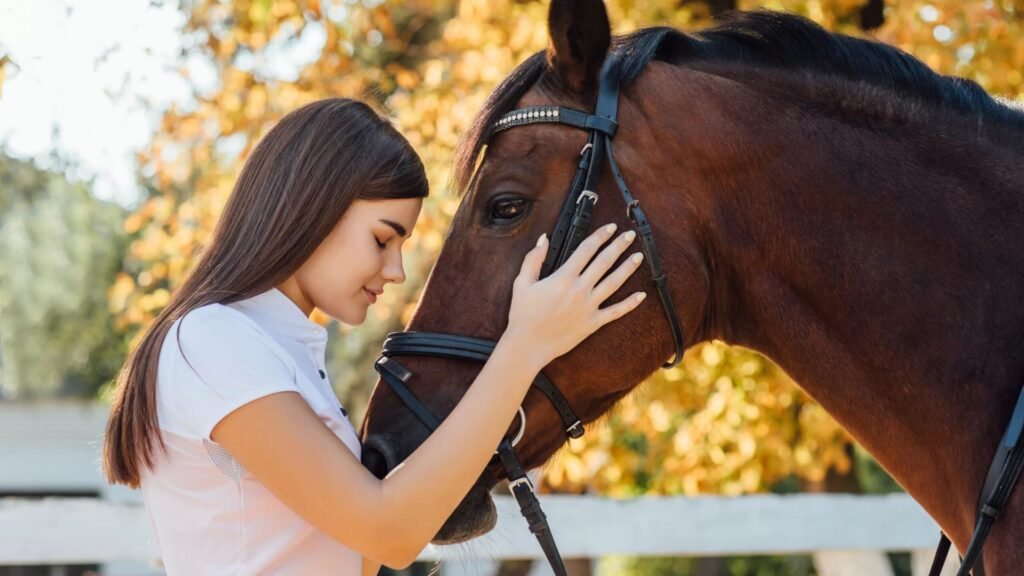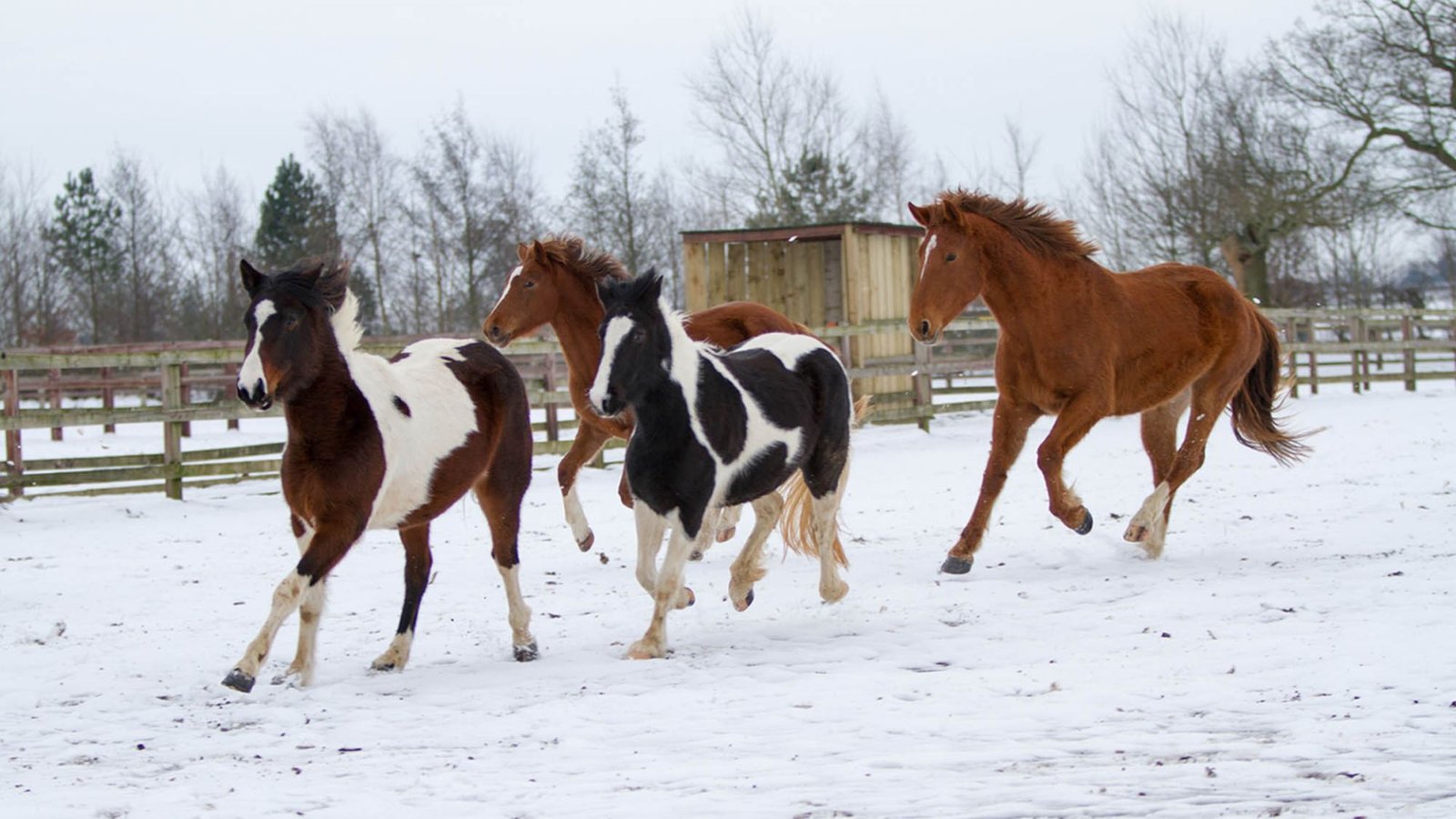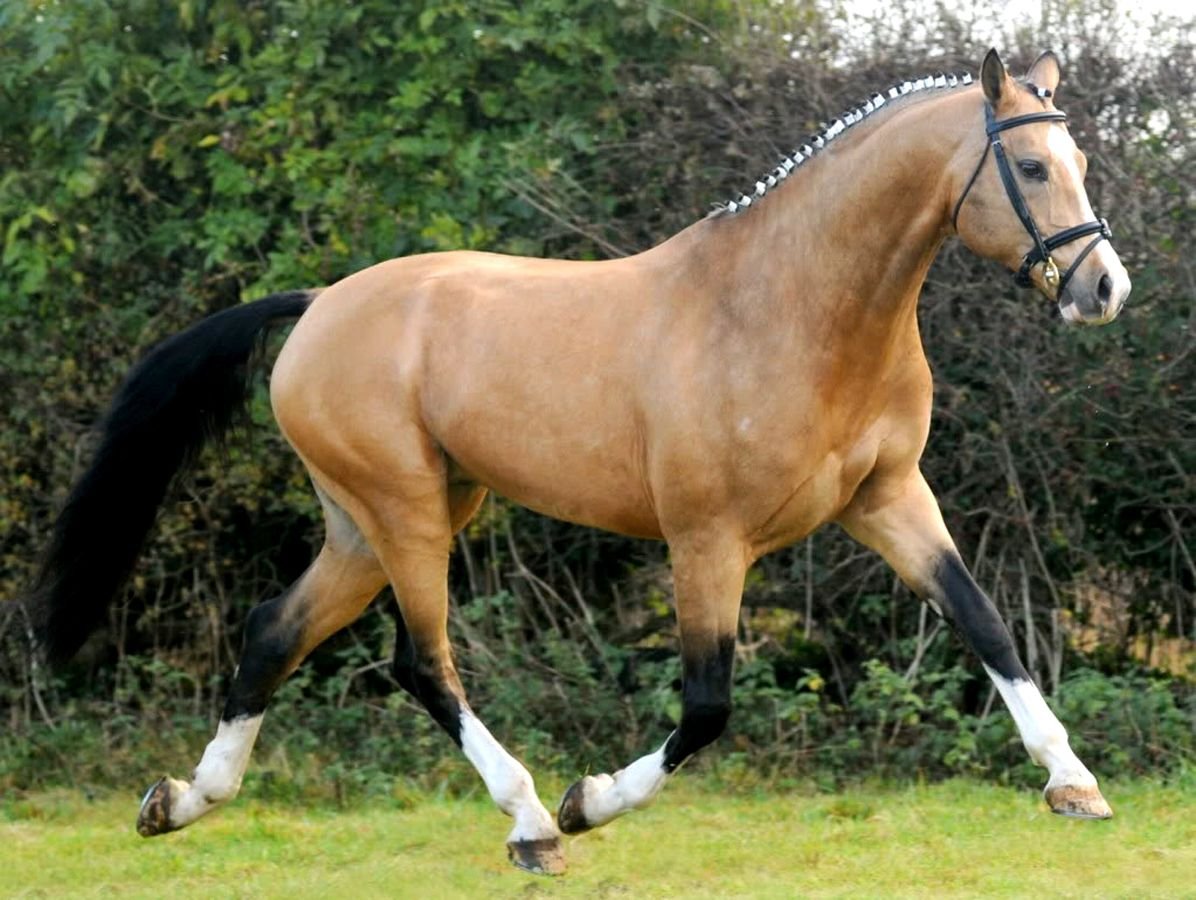Warmblood horses are a popular breed known for their athleticism, intelligence, and versatility. Often seen in competitive sports such as dressage, show jumping, and eventing, they are prized for their calm temperament and strong work ethic. However, like all horses, warmbloods require proper care to ensure they stay healthy, happy, and perform at their best. In this article, we will discuss essential aspects of caring for warmblood horses, including their nutrition, exercise, grooming, and medical needs.

Providing Proper Nutrition
A well-balanced diet is essential for the health and performance of your warmblood horse. Warmbloods are often larger and more muscular than other breeds, which means they have specific dietary needs to support their size and activity levels. Here are some key nutritional considerations for warmblood horses:
- High-Quality Forage: Like all horses, warmbloods require access to high-quality hay or grass to provide the necessary fiber for digestion. Grass hay, such as timothy or meadow hay, is a good option. Ensure they have constant access to fresh hay throughout the day to avoid digestive issues such as colic.
- Grain and Concentrates: Depending on the horse’s activity level, you may need to supplement their diet with grain or concentrates. Competitive warmbloods often require higher levels of energy to fuel their intense training and competition routines. Choose a grain mix that is high in digestible energy and balanced with appropriate amounts of protein, fat, vitamins, and minerals.
- Vitamins and Minerals: Warmbloods can benefit from a vitamin and mineral supplement, especially if they are in heavy work. Providing a supplement tailored to their specific needs can help ensure they are receiving adequate nutrition for bone health, muscle development, and immune function.
- Water: Always provide fresh, clean water for your warmblood horse. Dehydration can lead to a variety of health problems, so it’s important to ensure they have constant access to water, particularly after exercise.
Regular Exercise and Training
Warmblood horses are known for their athleticism, and regular exercise is essential for their overall well-being. Proper exercise helps to maintain muscle tone, improve cardiovascular health, and promote a healthy weight. The type of exercise your warmblood needs depends on their discipline and level of training, but here are some general guidelines:
- Dressage Training: Many warmbloods excel in dressage, which involves highly controlled movements and precision. Dressage training is beneficial for building strength, flexibility, and balance in the horse. Regular sessions with a qualified trainer will help improve the horse’s performance and overall fitness.
- Jumping and Eventing: For warmbloods involved in show jumping or eventing, jumping exercises are essential for building power, agility, and coordination. It’s important to incorporate a variety of jumping exercises and conditioning drills to keep them physically fit and mentally engaged.
- Rest and Recovery: While regular exercise is important, rest and recovery are equally crucial. Warmbloods can become fatigued with overtraining, which increases the risk of injury. Ensure that they get adequate rest between training sessions to recover and avoid burnout.
Grooming and Coat Care
Warmblood horses tend to have a thick, healthy coat, which requires regular grooming to maintain its shine and condition. Grooming also promotes good circulation, helps prevent skin conditions, and strengthens the bond between horse and rider. Here’s how to care for their coat and skin:
- Daily Grooming: Brush your warmblood daily to remove dirt, debris, and loose hair. Use a curry comb to loosen dirt and a stiff brush to remove it. Follow up with a soft brush to give their coat a polished finish.
- Bathing: Bathing should be done as needed, especially after intense workouts or when the horse gets dirty. Be sure to use mild, horse-safe shampoos to avoid stripping the coat’s natural oils. Warmbloods often have sensitive skin, so avoid harsh chemicals or frequent bathing, as it can lead to dryness and irritation.
- Hoof Care: Regular hoof care is essential for all horses, and warmbloods are no exception. Clean your horse’s hooves daily to remove dirt and debris. Schedule regular visits from a farrier to trim their hooves and ensure they are in good condition. Healthy hooves help prevent lameness and other foot-related issues.
- Shedding: Warmbloods can shed their coats in spring and fall. During shedding season, it’s important to groom more frequently to help remove excess hair and keep the coat healthy. A shedding blade can be useful for removing loose hair during this time.
Conclusion
Caring for a warmblood horse requires attention to detail in several key areas: nutrition, exercise, grooming, medical care, and mental health. By providing a balanced diet, a consistent exercise routine, proper grooming, and necessary medical care, you can help your warmblood stay healthy and perform at their best. Whether your warmblood is a competition horse or a leisure companion, understanding their needs and ensuring their well-being will result in a long and happy life together.











